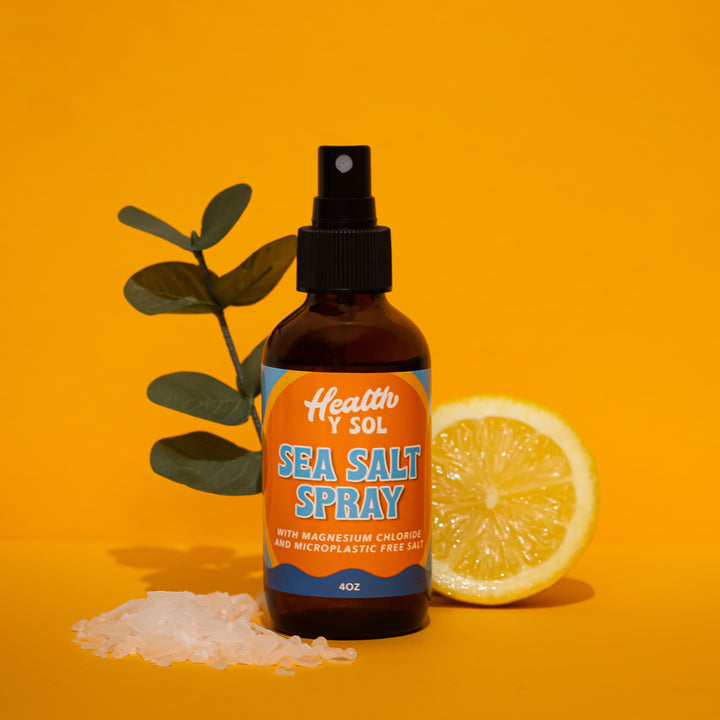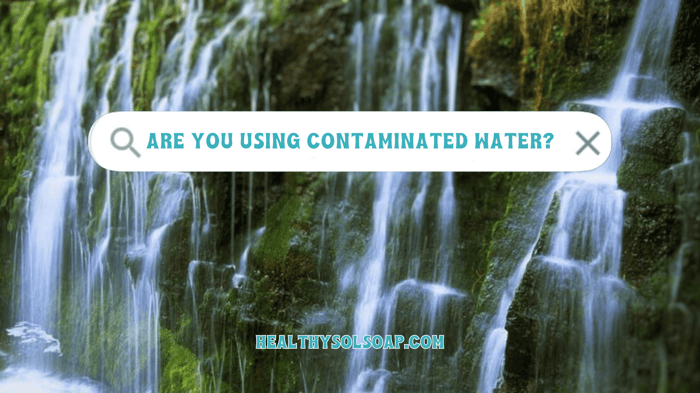Is your water contaminated? Water is essential for life, but not all water is created equal. From drinking to bathing, the quality and source of our water significantly impacts on our health.
What’s Hiding In Your Water?
Even when water appears clean, there are hidden contaminants lurking where you can’t see. These pollutants can enter your water supply through agricultural runoff, industrial waste, and even the pipes that transport water into our homes.
Common Contaminants:
1. Chlorine: Chlorine is commonly used to disinfect water. While it may be effective at killing bacteria and viruses, it also affects our health, reacting with harmful byproducts which have been linked to cancer.
2. Heavy Metals: Lead, mercury, and arsenic are among the heavy metals that can leach into our water supply from old pipes or pollution. Long-term exposure to these metals can lead to several health issues, including neurological damage and kidney problems.
3. Pesticides: Agricultural runoff can introduce pesticides to our water, which are known to cause hormonal imbalances.
4. Pharmaceuticals: Trace amounts of medication, including antibiotics and hormones, have been found in tap water, potentially contributing to antibiotic resistance and other health concerns.
5. Microplastics: Tiny plastic particles can enter the water supply through various means, including from plastic bottles and micro-beads in personal care products.
How to Avoid These Contaminants?
1. Shower Filters: While many people are concerned about the water they drink, the water we bathe in is just as important. The skin is our largest organ, and absorbs contaminants from water. Additionally, when we shower, the heat opens up our pores, making it easier for chemicals to enter our bodies. This is where I’d like to introduce shower filters. They are an effective way to reduce exposure to these harmful substances. By filtering out chlorine, chloramine, heavy metals, and other impurities, shower filters are a cost-effective step towards reducing your overall exposure to waterborne pollutants.
2. Drinking Water Filter: When it comes to drinking water, the quality can vary greatly depending on the source. the three most common types of drinking water are: tap, spring, and reverse osmosis.
- Tap: Most accessible and affordable source, tap water is treated to remove most harmful substances. However, tap can still contain trace amounts of chemicals. The safety and quality of tap water can also vary depending on the location and condition of the local water infrastructure.
- Spring: Coming from natural springs, where the water flows to the surface from an underground source. It is often considered to be purer than tap since it is filtered naturally. You must be careful with your spring water source, as some are marketed as glorified tap water. Genuine spring water can offer minerals and a fresh taste, but it may also be contaminated.
- Reverse Osmosis: RO water is produced by forcing water through an intense filter, which removes a wide range of contaminants, including heavy metals, and various bacteria and viruses. Since this filtration process is very effective at purifying water, it also strips always beneficial minerals. As a result, people find RO water to be “flat” in taste, and it may not provide the same hydration benefits as mineral-rich water. We recommend re-mineralizing your RO water with trace minerals or salt.
3. Avoid Plastic Water Bottles: Avoiding plastic water bottles when you can is a small step to reducing consumption of contaminated water or microplastics. Chemicals like BPA and phthalates found in some plastics can leach into our water, especially when heat is present. By choosing alternatives such as reusable stainless steel or glass bottles, you can reduce your environmental waste, and drink safe water.
Choosing the best type of water to use and consume depends on your needs, location, lifestyle, and personal preferences. Tap water is convenient but may require additional filtration, spring water can offer a more natural option but purity can vary, and while reverse osmosis water provides the highest level of purification—it may lack essential minerals that you would need to supplement.
Understanding the contaminants in our water and the options available for filtering and purification is crucial for maintaining good health. Whether you choose to install a shower filter, invest in an RO system, or seek out high-quality spring water, taking steps to improve the standard of your water is an investment in your health and overall well-being.
Search for contamination in your local water
We took all of this into consideration when making our Magnesium Salt Spray. We make sure to use filtered, distilled water. Try some out today and thank me later.
Magnesium Salt Spray

$18.00
$20.00
Using the highest quality sea salt, magnesium chloride, and essential oils, this mineral rich liquid is fantastic for sanitizing, freshening up, AND for muscle cramps and recovery. Now made with Vera Salt - the world's purest salt untouched by plastic. … read more









